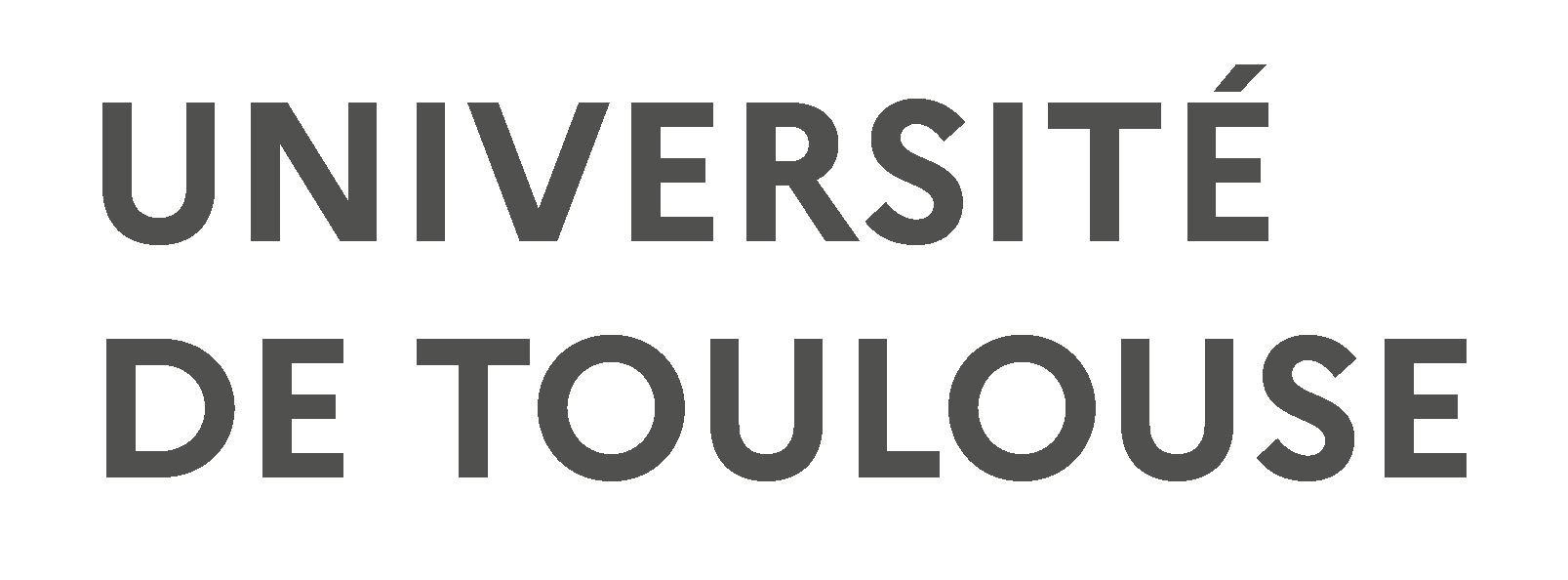Encouraging phase 1 results of hypofractionated stereotactic re-irradiation in combination with Durvalumab in recurrent Glioblastoma.
Durvalumab;
deep learning;
hypofractionated stereotactic re-irradiation;
phase I clinical trial;
recurrent glioblastoma;
predictive analysis
Contact : Elisabeth Cohen Jonathan Moyal – Team : RADOPT – Radiotherapy Optimising: from molecular signalling pathways to clinical trials.
Hypofractionated stereotactic radiotherapy (hFSRT) is a salvage option for recurrent glioblastoma (GB) that can synergise with anti-PDL1 therapy. This phase I study evaluated the safety and recommended phase II dose of anti-PDL1 durvalumab combined with hypofractionated stereotactic radiotherapy in patients with recurrent GB.
Six patients were included. One dose-limiting toxicity, Durvalumab-related grade 3 vestibular neuritis, was reported. The median progression-free interval (PFI) and overall survival (OS) were 2.3 and 16.7 months, respectively. A multimodal deep learning analysis including MRI, cytokines and lymphocyte/neutrophil ratio was used to isolate patients with pseudoprogression, the longest PFI and those with the longest OS.
The combination of hFSRT and Durvalumab in recurrent WBC was well tolerated in this phase I study. These encouraging results have led to a randomised phase II trial that has just been completed and on which these first data will be validated.
Discover the published article
Oncologist. 2023 May 17;oyad095.doi: 10.1093/oncolo/oyad095. Online ahead of print.
Hypofractionated Stereotactic Re-irradiation and Anti-PDL1 Durvalumab Combination in Recurrent Glioblastoma: STERIMGLI Phase I Results
Damien Pouessel, Soléakhéna Ken, Valérie Gouaze-Andersson, Lucie Piram, Augustin Mervoyer, Delphine Larrieu-Ciron, Bastien Cabarrou, Amélie Lusque, Marie Robert, Jean-Sebastien Frenel, Emmanuelle Uro-Coste, Pascale Olivier, Muriel Mounier, Umberto Sabatini, Eduardo Hugo Sanchez, Mehdi Zouitine, Ahmad Berjaoui, Elizabeth Cohen-Jonathan Moyal
Collaborations et acknowledgments
We thank Astra Zeneca for funding the clinical trial and the ARC foundation for grants supporting the SI2GMA project of the SIGN’IT program. We also thank all patients and their caregivers who participated in this study.

Toulouse Cancer Research Center (Oncopole)
Toulouse - FR
Follow us on social network
Contact us
+33 5 82 74 15 75
Want to join
the CRCT team ?




